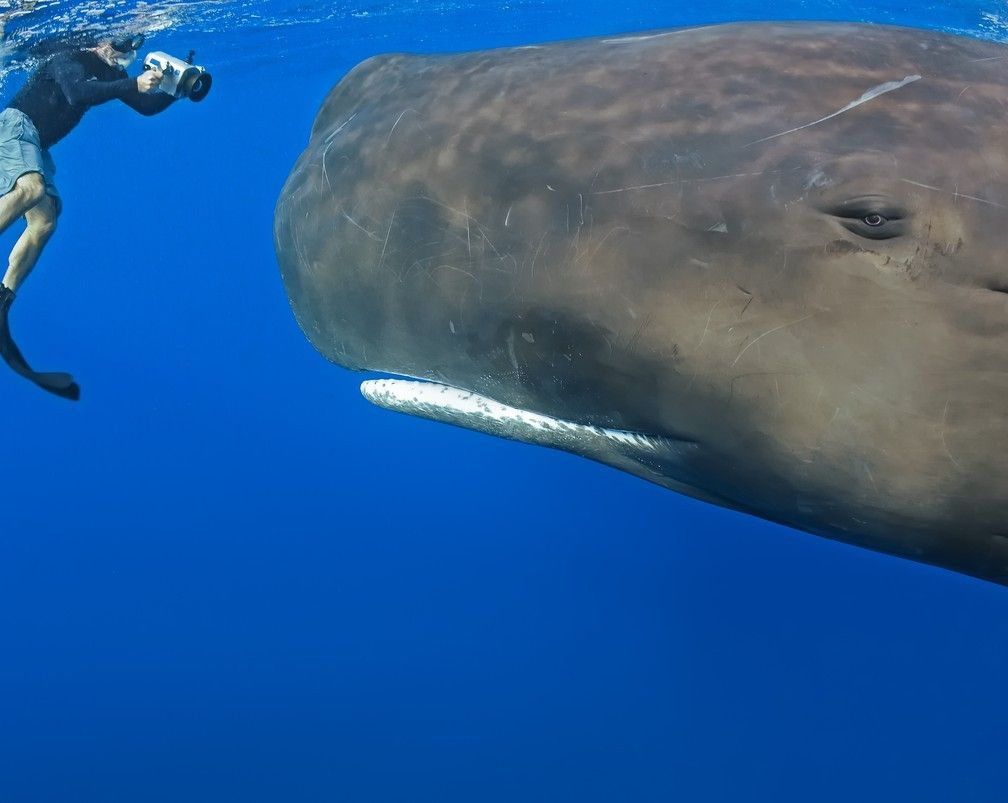Rice Tries To Block Israeli Attack On Syria
 Israeli warplanes attacked a Syrian target on 6 September 2007. The secrecy and lack of comment has perplexed international commentators. The target was at Dayr az-Zawr, in north east Syria.
Israeli warplanes attacked a Syrian target on 6 September 2007. The secrecy and lack of comment has perplexed international commentators. The target was at Dayr az-Zawr, in north east Syria.Here's more info in regards to onlineisraelnews.com stop by the internet site. Syria was first to report the incident, and said their air defences fired at an Israeli warplane that had penetrated Syrian airspace and dropped explosives. The plane/s then left Syrian airspace, travelling towards the Mediterranean via Turkey.
Turkey subsequently announced that two Israeli fuel tanks had been dropped inside Turkish territory, one near Gaziantep and the other near Antakya. It was inferred that the aircraft came under fire and dumped empty fuel tanks to increase speed.
There were no early press releases from either Israel or the USA.
It now appears that the Israeli attack on Dayr az Zawr, north Syria, was linked to the import of nuclear materials from North Korea. The attack was apparently coordinated with a land incursion into Syria by an Israeli Sayeret Matkal unit, based on a covert SAS style operation. It is understood that the Israeli troops were disguised in Syrian uniforms. The ground troops assisted the warplanes to locate the target.
The nature of the targeted materials remains unclear, although it is generally thought that Syria has been importing nuclear materials from North Korea for some time. These materials could either by used by Syria for her own purposes, or shipped on to Iran, or Hezbollah in the Lebanon.
Media reports now claim that the US Secretary of State, Condoleezza Rice, was against the attack based on her concern for 'stability in the region'. There was a plan to hit the facility around 14 July 2007, and this had to be shelved due to her persistent opposition. The Israelis were asked to provide irrefutable evidence that the facility was indeed enriching uranium or plutonium. This was apparently done by covert ground troop incursions into the area around the facility. Unspecified samples were taken back to Israel for examination. The results were apparently both conclusive and startling.
It appears that several warplanes were involved, and their route was closely monitored by the US airbase in Incirlik, south east Turkey. The F-151s entered Turkish airspace from the Mediterranean north of Antakya and crossed into Syria near Ceylanpinar. The jets travelled west of Al Hasakah and onwards to the target at Dayr az-Zawr. After hitting the targets, they returned by the same route.
The silence and secrecy from all sides is due to the current sensitivity concerning US and North Korean relations. During the summer of 2007, North Korea publicly shifted its position on its nuclear program. They agreed to effectively abandon it and allow inspections of facilities. They also made a commitment to non proliferation, without admitting that shipments and assistance had already been provided to a number of third parties, including Syria and Iran.
The United States announced on 28 September that it would spend up to $25 million to pay for 50,000 tons of heavy fuel oil for North Korea. This is part of an agreement the communist regime made with the U.S. and other nations pushing it to dismantle its nuclear program.
Under a February agreement, the U.S. and other participants in the six-party negotiations with Pyongyang agreed to provide North Korea with 1 million tons of heavy fuel oil, or the monetary equivalent in other aid and assistance.
In return, North Korea agreed to shut down its main nuclear reactor, which it did in July, and then declare and ultimately dismantle all its nuclear programs.
The desire of the USA to build on the fragile agreement with North Korea is the reason why the attack has been shrouded in secrecy. George Bush has refrained from celebrating a success against the 'axis of evil' and Israel is quietly satisfied with the success of the mission and the message it sends to both Syria and Iran.
The fact that the Israeli jets flew over Turkey has aroused interest. Taken together with our information that the US base at Incirlik assisted in route planning, Turkey would appear to have known in advance about the raid.
At the official level, Turkish Foreign Minister Ali Babacan called the incident "unacceptable". He warned against acts that cause tensions, saying they could harm peace and stability in the region. He spoke during a news conference in Ankara on 10 September 2007 with his Syrian counterpart, Walid al-Moallem.
However, it is well known that Turkey and Israel have a longstanding record of co-operations in military and security matters. Relations between Turkey and Israel are most often described as "strategic." The two countries have for years maintained open and secret relations, fostering a deep understanding of the need to preserve this unique link, despite changes in the Turkish political scene and the strengthening of the Islamic lobby in Turkey.
One of the foundations of Turkish-Israeli relations is close cooperation of the armies and security services of the two countries. When tensions rose during the intifada of 2000 and the Second Lebanon War of July 2006, security relations with Turkey remained stable.
The fact remains that tension between Turkey and Syria has been increased by this incident. The confirmation of Abdullah Gul as President of Turkey in early September will be a welcome sign to the Muslim world that the Turkish government is unlikely to move away from its populist religious roots in its efforts to join the EU.